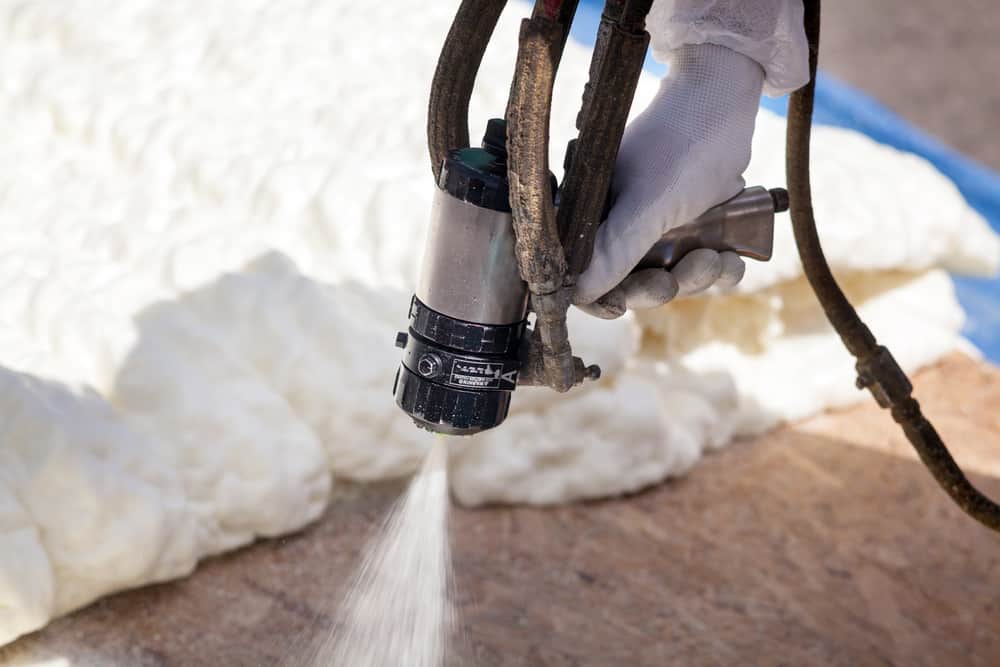One of the questions people ask when choosing spray foam insulation Houston, TX, is whether spray foam insulation is flammable. While it may not look like a significant question, most homeowners want to know if spray foam insulation is flammable, as fire safety is vital in any home. The right insulation can make your house feel safer and more energy efficient.
More people are turning to spray foam as a home insulation option, and it’s hard not to see why. First, spray foam is non-toxic. It is also an effective insulation solution. So, let’s find out about fire safety.
Is Spray Foam Flammable?
Yes, spray foam is flammable; However, it only burns and ignites if exposed to an adequate heat source. Spray Foam usually self-extinguishes when the heat source is removed.
Spray Foam manufactures send their products for testing before their products are available to the marketplace. After testing, a Code Compliance Research Report (CCRR) is provided. This report shows the foams Flame Spread Index and Smoke Development. Building codes dictate how spray foam should be protected by an ignition barrier or thermal barrier. Barriers commonly used include drywall or tested coatings that go over the foam.
Depending how the end user configuration of the space is completed will dictate what path your installer will need to take to ensure code compliance is achieved. Considering spray foam in Houston, Tx? Our team of experts understand code compliance and can guide you in ensuring you are covered by the correct products.
Is Spray Foam an Excellent Insulation Option for your Home?
Despite being flammable, spray foam is still an excellent insulation option for your home. Here’s why spray foam is an excellent solution:
Roofing and Exterior Applications
One of the primary reasons spray foam is the go-to insulation is that it is effective in sealing roofs and other exterior areas in the home. Spray foam creates a powerful bond with the roof and helps strengthen the resistance to pressure and wind. It also reduces sound as it creates a barrier against loud noises.
Attic Applications
Spray foam expands. This expansion feature enables the insulation to fill up all the holes and cracks in crawlspaces and attics. By creating an airtight seal, the insulation makes your attic less penetrable to air infiltration. This insulation also gives your attic a moisture barrier by keeping water from seeping through crevices, holes, and cracks.
Interior Cavity Fills
Spray foam insulation provides better protection against mold and mildew. The polymer contained within the spray foam material creates a barrier from moisture, which ensures that there is no food source for bacteria or mold.
The walls of any building are its main structural component, as they help it withstand any amount of force, like strong winds. The spray foam insulation fills the wall’s interior cavity and efficiently provides additional strength and support to the building.
While every type of insulation is flammable, it still doesn’t impact spray foam’s benefits. Therefore, ensure that you don’t expose your spray foam to any external heat source and keep your family and loved ones safe. But if you are looking for further information on how spray insulation works, you can read about how insulation works.
First Defense Insulation
12 Greenway Plaza Suite 1147 Houston Texas 77046,
713-808-9853
Find us on Social Media
https://www.facebook.com/FirstDefenseInsulation
https://www.instagram.com/firstdefenseinsulation/?hl=en
